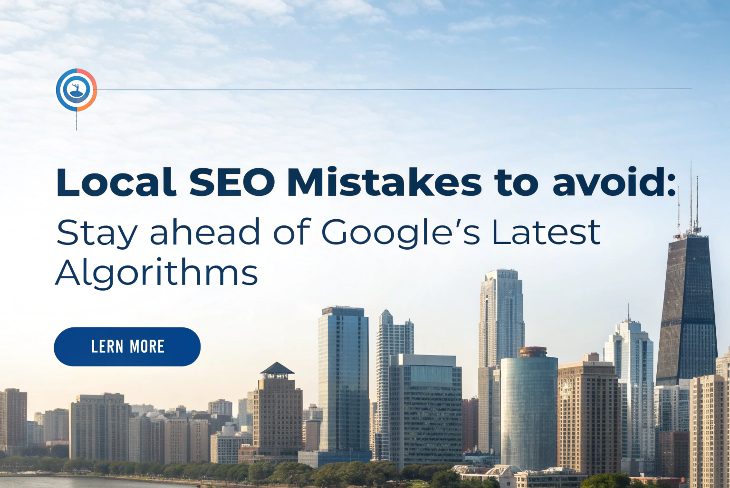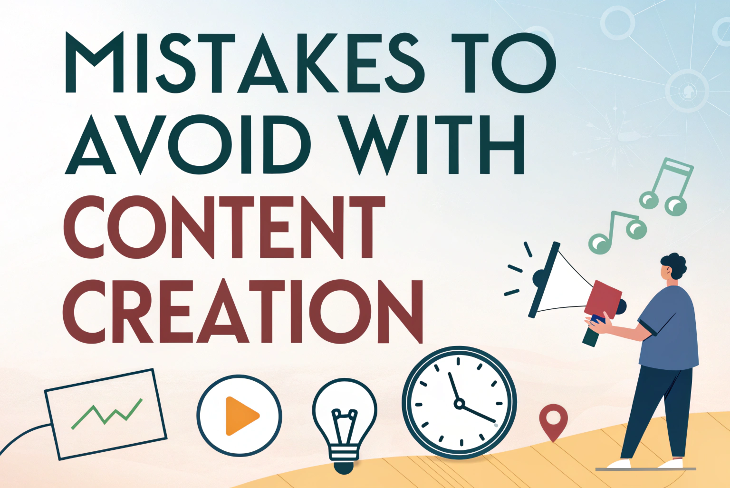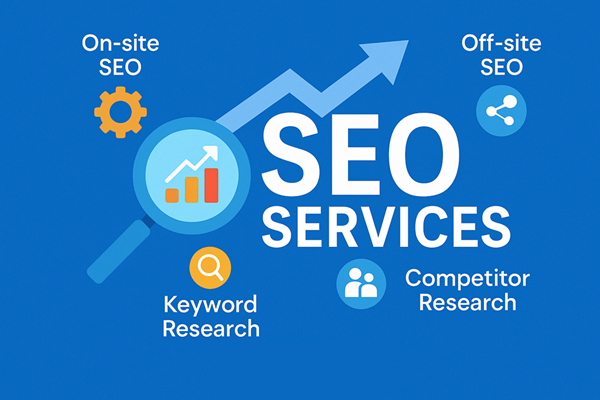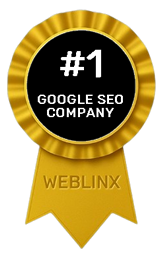Our on-page SEO services focus on optimising every element of your site to meet Google’s standards and user expectations.
Technical SEO
£900.00 Original price was: £900.00.£725.00Current price is: £725.00.
- Comprehensive technical audit
- Mobile usability optimisation
- Canonical tag implementation
- Structured data implementation
- Crawlability and indexing fixes
Webpage Optimisation
£200.00 Original price was: £200.00.£145.00Current price is: £145.00.
- Comprehensive on-page audit
- Keyword optimisation
- META tags optimisation
- Content optimisation
- Internal linking strategy
Page Content
£300.00 Original price was: £300.00.£125.00Current price is: £125.00.
- Grammar checked
- Keyword research
- Optimised for conversions
- Structured with headings and subheadings
- Internal linking strategy applied
- Plagiarism checks
- Competitor research
On-page SEO optimises individual web pages to improve rankings and attract traffic, it involves refining both content and HTML source code for better search visibility. Key elements include:
- Title tags, META descriptions, headers, and URL’s with relevant keywords.
- High-quality, engaging, and well-structured content is essential.
- Internal linking, image optimisation, and mobile-friendliness enhances user experience.
- Focuses on user experience (UX) by ensuring fast loading speeds and easy navigation.
- Readability, multimedia integration, and structured data (schema markup) improve rankings, as they help both search engines and users by making content accessible and valuable.
All of the key elements above and, alongside many others lead to better engagement, higher conversions, and long-term SEO success.
What are the benefits?
Higher search rankings
Optimising on-page elements like keywords, meta tags, and content structure helps improve a website’s visibility in search engine results.
A better user experience
A well-optimised page with fast loading speeds, clear navigation, and valuable content keeps visitors engaged and reduces bounce rates.
Increased organic traffic
By aligning content with search intent and making it easier for search engines to index, on-page SEO attracts more relevant visitors to your site.
Check out our other SEO services

Key on-page SEO elements
Optimising key on-page SEO elements is crucial for better search rankings and user experiences. Here are the essential factors to focus on:
- Title tags & meta descriptions: Should be compelling and include relevant keywords to boost click-through rates.
- Header tags (H1, H2, H3, etc.): Structure content for readability and help search engines understand page hierarchy.
- Keyword usage: Create content with search intent without overstuffing.
- Internal linking: Enhances navigation and distributes page authority across your site.
- Image optimisation: Uses alt text and compressed file sizes for faster load speeds and better accessibility.
- Structured data (schema markup): Improves rich results and makes your page stand out in search engine results.
Refining these elements ensures a well-optimised page that appeals to both users and search engines.
Best practices for effective on-page SEO
Implementing the right on-page SEO strategies ensures your website ranks well, loads quickly, and provides a seamless user experience. Here are three best practices to follow:
Optimise for search intent
Create high-quality, relevant content that naturally incorporates keywords, answers user queries, and is structured with clear headings.
Boost speed & mobile experience
Compress images, use fast-loading web hosting, and implement responsive design to ensure your site performs well across all devices.
Enhance engagement with clear structure
Clear navigation, internal links, and well-organised content help visitors find information easily, explore more pages, and stay on your site longer.
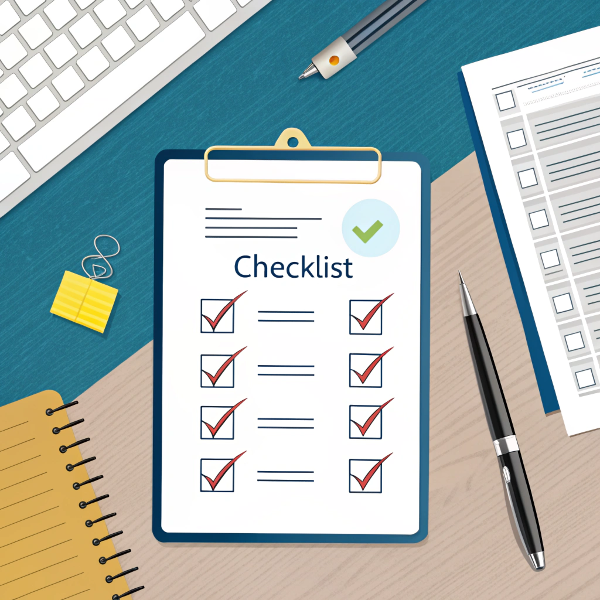
On-page SEO mistakes to avoid
Many websites fail to rank well because of simple on-page SEO errors. Keyword stuffing, or the overuse of keywords in content, can make your page illegible and affect rankings. Ignoring meta tags means missing out on important possibilities to increase click-through rates. Poor site structure confuses both users and search engines, increasing bounce rates. Slow page performance and a lack of mobile optimisation annoy visitors, driving them away before they can connect with your content.
We ensure that your website is fully optimised by addressing these issues and following best practices that increase exposure, improve the user experience, and deliver genuine results. If you're ready to increase your rankings in the right way...
Keep up with the latest SEO trends and algorithm updates
Google’s algorithms are constantly evolving, and staying ahead of the latest SEO trends is crucial for maintaining strong rankings. Updates like Core Web Vitals now prioritise page speed, interactivity, and visual stability, so slow-loading or poorly structured sites could see a drop in search visibility. AI-driven search enhancements also prioritise high-quality, user-focused content over keyword stuffing. As search engines become smarter, adapting your on-page SEO strategy is more important than ever. We stay on top of every algorithm change, ensuring your website remains optimised, competitive, and future-proof. Get in touch today, and let’s keep your rankings strong!

FAQ's
Your on-page SEO questions answered
What is the difference between on-page and off-page SEO?
On-page SEO refers to optimising elements on your website, such as content, meta tags, headings, and internal links to improve search rankings. Off-page SEO, on the other hand, focuses on external factors like backlinks, social media signals, and online reputation, which help build authority and trust. Both strategies work together to boost visibility, but on-page SEO lays the foundation for a well-optimised, user-friendly site.
What is an on-page SEO checklist?
An on-page SEO checklist guides you through the process of optimising your website for search engines, addressing crucial elements such as keyword placement, meta descriptions, image optimisation, and mobile-friendliness. We utilise our unique and proven SEO checklist to optimise every crucial element for maximum rankings and engagement.
What are three things you should look at when developing your on-page SEO?
When developing your on-page SEO, focus on content quality, technical performance, and user experience. Your content should be well-written, optimised for keywords, and valuable to readers. Technical aspects like page speed, structured data, and mobile responsiveness play a big role in rankings. Lastly, a clear site structure and internal linking strategy keep users engaged and help search engines crawl your pages efficiently.
Does on-page SEO work?
Absolutely! On-page SEO is one of the most effective ways to improve search rankings, drive organic traffic, and enhance user engagement. By optimising your content and technical elements, you make it easier for search engines to understand your site and rank it. We specialise in proven on-page SEO strategies that help businesses achieve long-term success, get in touch today to see the difference!



